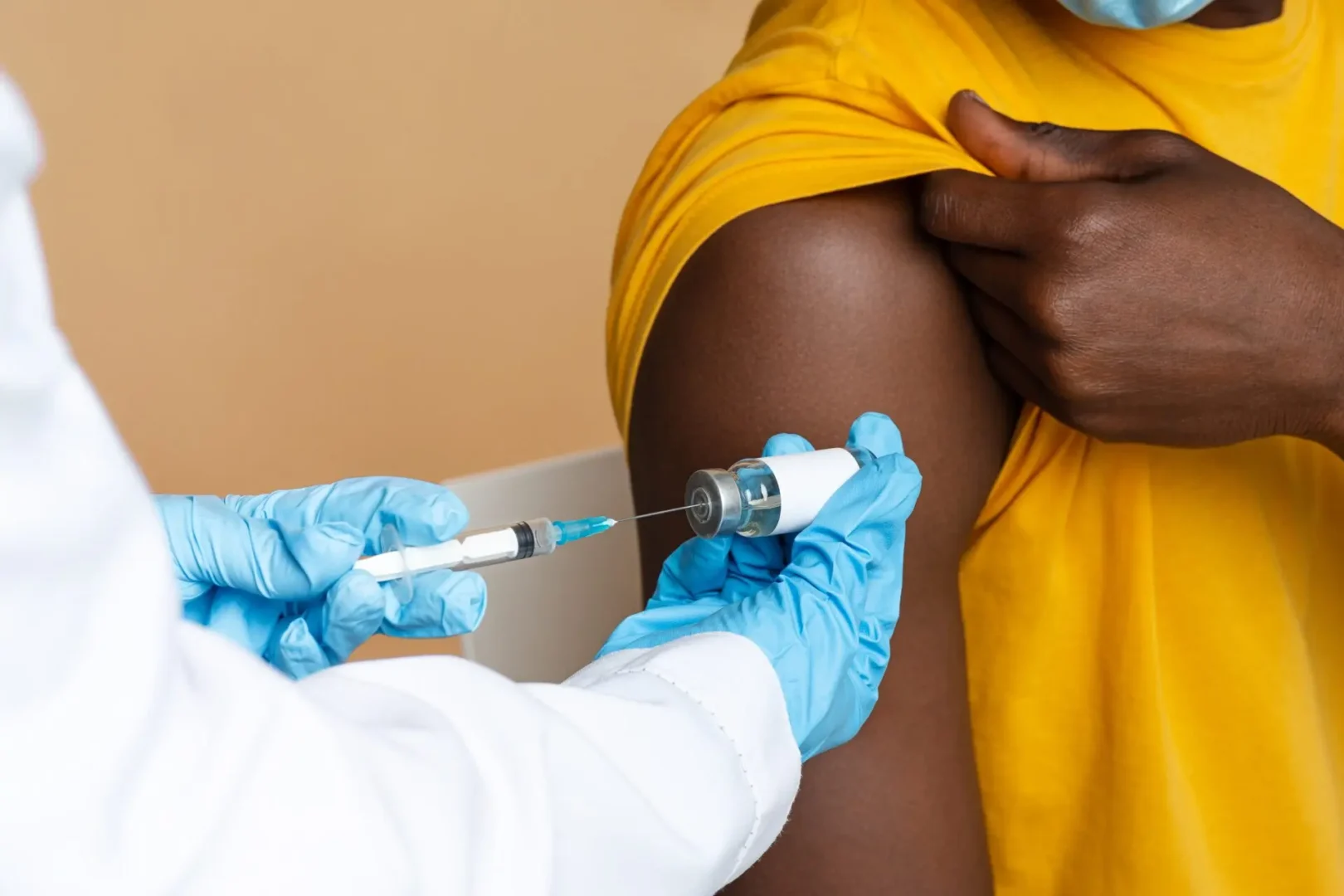NAIROBI, Kenya — A groundbreaking HIV prevention drug will soon be available at a fraction of its current cost in low- and middle-income countries, a development that health experts are hailing as a turning point in the fight against the global epidemic.
The twice-yearly injectable drug, Lenacapavir, which currently carries an annual price tag of over $28,000, will be sold for just $40 under a new deal. This dramatic price reduction is expected to make the drug accessible to 120 low- and middle-income countries starting in 2027, pending regulatory approval.
Lenacapavir works by preventing HIV from multiplying in the body, with a single injection providing six months of protection, making it a more convenient alternative to the current daily pill, PrEP.
The agreement was reached by Dr Reddy’s Laboratories, in partnership with Unitaid, the Clinton Health Access Initiative (CHAI), and South Africa’s Wits RHI.
Why can a $28,000 HIV prevention drug be sold for just $40?
Health experts believe this new treatment could sharply reduce new infections among the highest-risk populations, including young women, members of the LGBTQI+ community, sex workers, and people who use drugs.
According to Dr Philippe Duneton, Unitaid’s Executive Director, the deal is a historic achievement.
“Securing a US$40 (Ksh 5,172) price for the twice-yearly lenacapavir injection for PrEP is a historic breakthrough that proves the most advanced tools can be made affordable from the very start. This directly answers the calls from countries and communities to make lenacapavir as affordable as oral PrEP,” he said.
Also Read: Kenyan scientists unveils new HIV treatment regimens tailored for Africa’s aging population
“This is exactly the kind of impact Unitaid was created to deliver. Just as we did with dolutegravir, which became the most widely used HIV treatment worldwide, we are working with partners to ensure lenacapavir will be within reach for millions who need it most.”
Clinical trials have shown exceptionally strong results for the drug, with one study reporting a 100% success rate in preventing HIV infection.
The World Health Organization (WHO) endorsed the drug in July, while regulators in the United States and Europe have already granted their approval.
The move comes as UNAIDS estimates that more than 40 million people worldwide are living with HIV, with 1.3 million newly infected and over 600,000 dying from AIDS-related illnesses last year.

